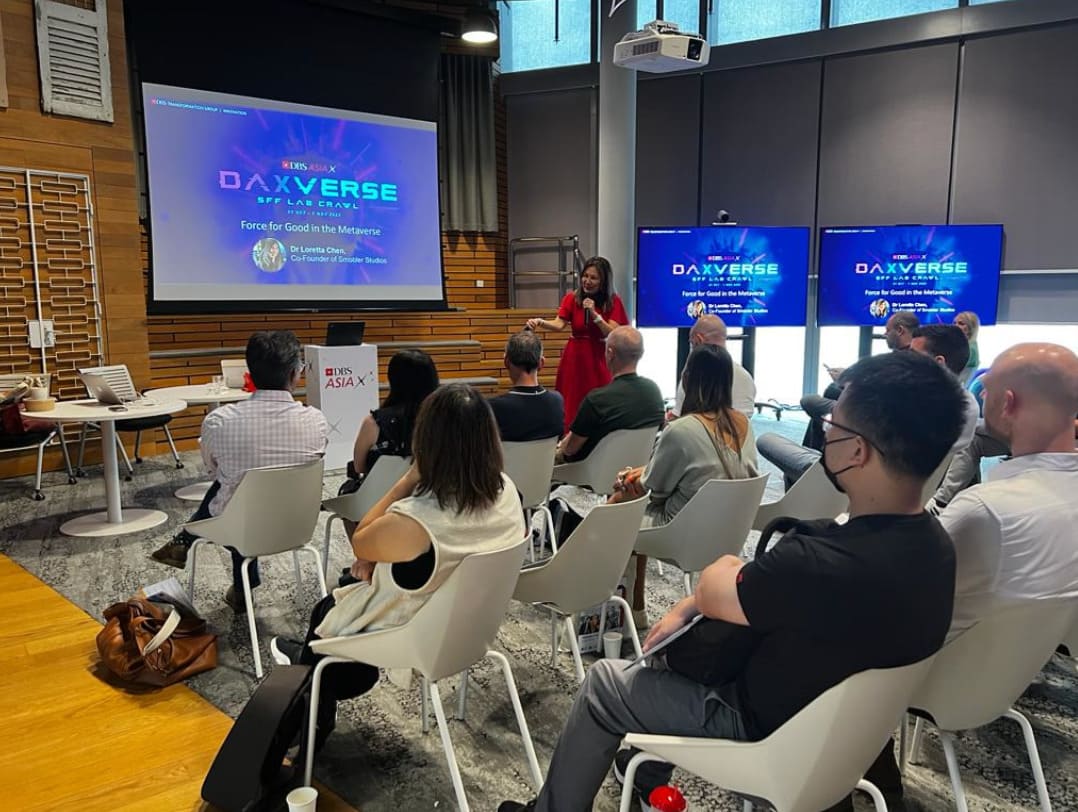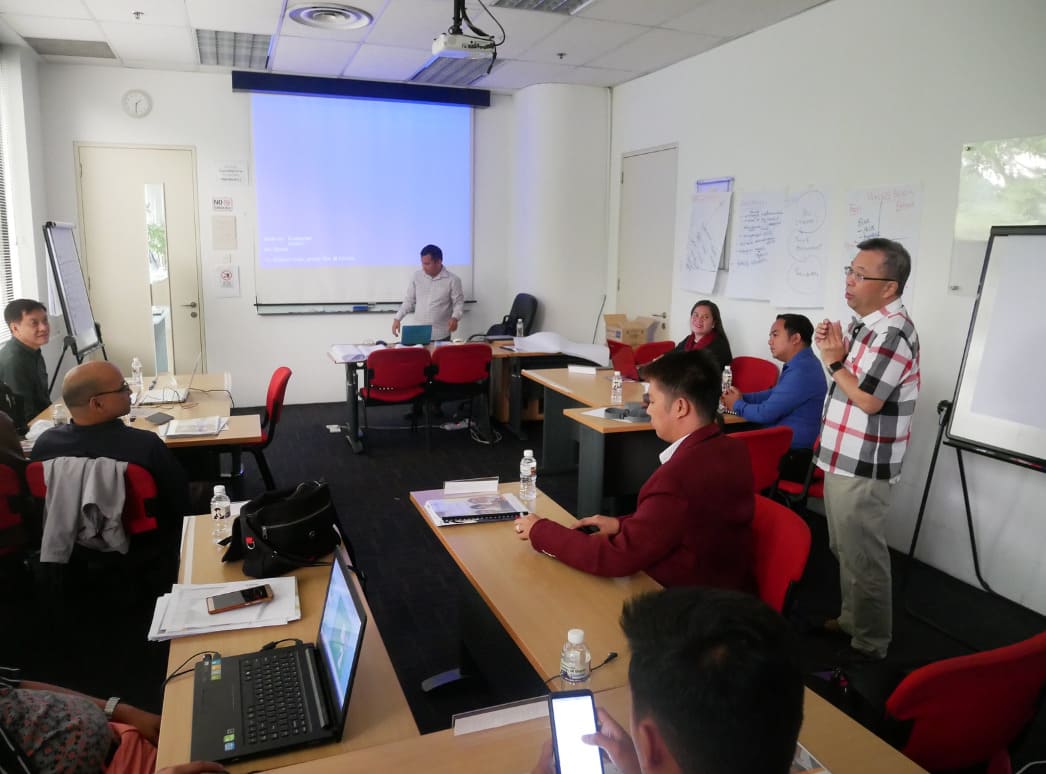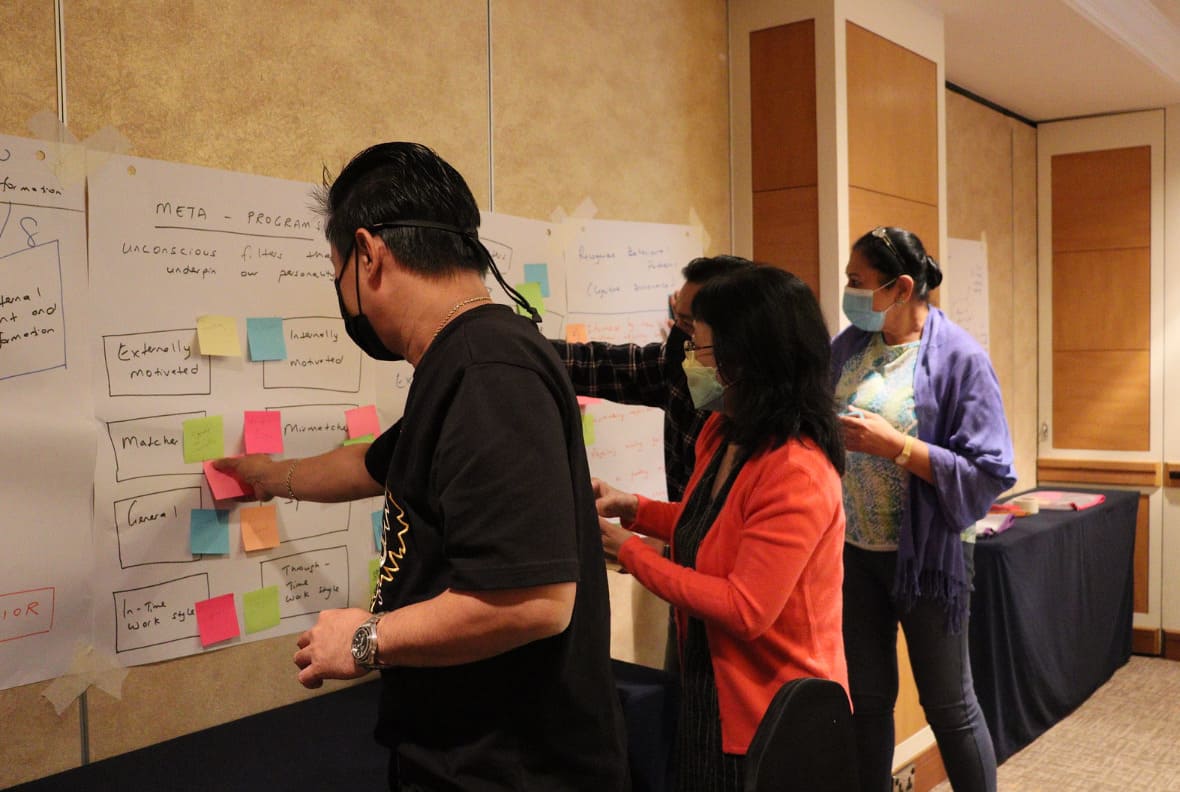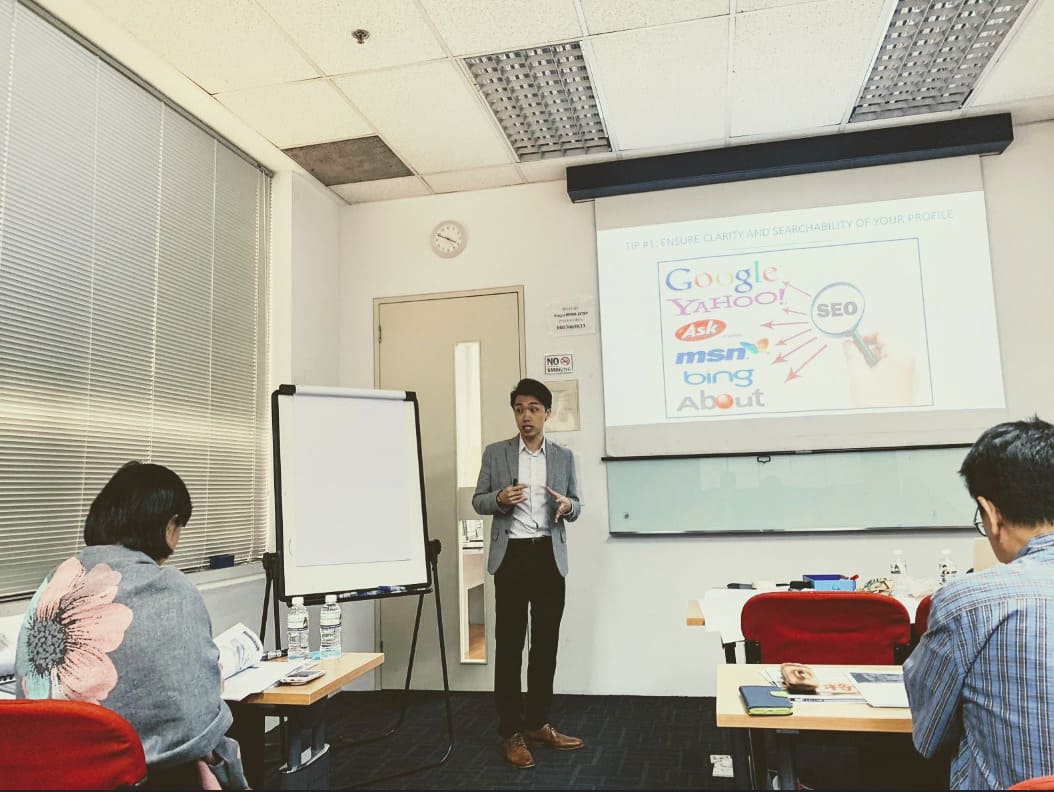According to a LinkedIn Learning report, 94% of employees say they would stay at a job longer if the company supported their learning and development.
In the 21st century, training employees to excel at their jobs is more critical than ever. The workforce is constantly evolving, with ever-emerging demands for specific knowledge and skill sets. A growth culture also helps to increase job satisfaction, boosting employee retention and engagement in a company.
This article covers 7 popular employee training programs and key considerations to improve training effectiveness.
What Makes a Good Topic for a Training & Development Program?

Learning is essential to good human resources, both for individual employee growth and overall business development. It does not end at employee orientation training but is a constant ongoing process.
Training should focus on specific skills employees need to do their jobs effectively. This should cover different aspects, such as technical training and soft skills. Here are a few questions to ask when developing a workplace training program:
- What are your employees’ learning needs?
- What skills does your company require that employees lack?
- Is the topic aligned with your company’s business goals?
- Does the topic cover current industry trends?
Consider what different roles require and the culture you wish to build among your leaders and employees. The right training programs can improve processes and the working environment in an organisation. Employee training should also encourage individual professional development.
2024 Top Trending Employee Training & Development Programs
1. Leadership Training

A strong leader should have practical critical thinking and problem-solving abilities. More than just taking charge, leaders should also be able to instil confidence in their team and tap into each member’s strengths.
Aventis Learning offers training courses on leadership coaching and strategy. Managerial training can help individuals hone their unique leadership styles and learn how to navigate challenges in the workplace.
By understanding their individual employees’ strengths, companies can fill leadership roles and build better teams where members complement one another. This can help departments and organisations as a whole to run more efficiently and meet business goals.
2. Communication Training

Communication skills are among the top soft skills companies look for, but one that can be challenging to apply in the workplace. Aside from public speaking, it’s about managing tensions and expressing ideas through written, spoken, and digital mediums.
Business communication courses help develop confidence and communication skills through verbal and nonverbal techniques like body language. Communication training also increases understanding of different communication styles, enabling coworkers to work and collaborate effectively.
3. Compliance Training
Failure to comply with regulations makes a company more susceptible to breaches and attacks, which can result in millions in financial losses. However, corporate compliance insights reveal that 34% of employees only skim-read compliance content and tune out of training audio.
Compliance training, such as in finance compliance, serves to reiterate rules and regulations and thus prevent poor conduct, especially unintentional errors. Knowing key concepts helps companies make better business decisions and minimise potential risks.
4. Food Safety Training
Businesses in the F&B sector should offer food safety training for all their employees. This is essential for upholding health standards and ensuring the safety of the customers who consume the food.
Through a training course, employees learn all the industry regulations applicable to their business practices, as well as the technical skills required for their job function. This prevents damage done to your company’s reputation for non-compliance with food safety guidelines.
5. Diversity Training

Diversity, equity, and inclusion (DEI) are growing concerns in a global workforce. It’s important to build company cultures with a positive outlook on diversity and in which individual differences are respected.
Team training programs help to advance awareness and management of DEI in the workplace. Mutual acceptance can boost employee wellness and improve coworker relations. Creating a more inclusive workplace environment also helps an organisation attract and retain diverse talents.
6. Emotional Intelligence Training
No man is an island, so people skills are key for organisations to work efficiently. It has been found that 70% of the time, people with average IQs perform better than those with higher IQs. From this discovery, the concept of emotional intelligence arose.
Emotional intelligence training focuses on fostering strong workplace relationships through effective communication. It is also useful in developing leadership abilities and creating a more accepting and inclusive workplace.
7. Time Management Training

Time management has become more challenging than ever with the constant hustle and bustle of the modern workforce. This is a valuable skill for completing work on time and for individuals to maintain a healthy work-life balance.
Time management training involves setting clear goals, implementing effective strategies, and prioritising tasks appropriately. By learning these strategies, employees can stay more organised and level-headed at work, boosting productivity and results in the long run.
What are the Common Issues Companies Face in Training & Development?
1. Engagement in learning
Employee engagement is a crucial factor in ensuring they benefit from skills training. Some programs can be one-dimensional and simply overload textbook information. However, employees may not understand how to apply the concepts in real-life scenarios.
Team training sessions may help to boost motivation versus individual learning. Aventis Learning’s classes and workshops comprise a range of activities, from hands-on learning to group discussions. Such a holistic approach also encourages active learning to make the most of training opportunities.
2. Measuring training effectiveness
A key concern about employee training is whether the skills learned are useful and whether employees understand and apply them to their work.
Keeping track of individual and overall performance is key. KPIs such as average time to complete tasks or the number of process errors can be used to quantify employee training results. Acknowledging improvement also makes employees aware of their own success and helps to boost morale.
3. Consistency
A common issue is that many corporate training programs are one-off events. Skills training must be a continuous process to meet the changing requirements of the focus industry.
Aventis Learning offers a wide range of training courses that build upon and complement one another. Having consistent training programs helps to build a culture of active growth and learning. This enables new and existing employees to expand their skills beyond standard job descriptions.
4. A diverse and dispersed workforce
Individuals require different skills for each job role. As such, workplace training often necessitates multiple programs for employee development across different departments.
Furthermore, individuals have varied learning needs. Statistics show that 68% of employees prefer to learn at work, 58% at their own pace, and 49% at their own point of need. Aventis Learning courses offer training through both virtual and in-person programs that can cater to a diverse workforce.
5. Demonstrating value
Introducing employee training programs often requires a fair number of approval processes, especially for large organisations. Board members or senior executives may not see the value in them, making it challenging for an HR department to go through the chain of command.
This is where measuring effectiveness comes in again. By having clear metrics and goals, a company can provide quantifiable results for a training program. This data can be pivotal as evidence of the benefits of employee training, helping to demonstrate its value and generate more positive attitudes towards the idea.
Get Your Training Started With Aventis Learning Today
In this day and age, companies need to upskill in order to stay relevant in a changing business landscape. Encouraging a culture of growth and learning can create a more engaged and efficient workforce in the long run.
Aventis Learning’s extensive course selection can help to establish or upgrade long-term company training & development programs. We offer a range of corporate training packages for individuals to learn new skills and knowledge.
Contact us to learn more.


